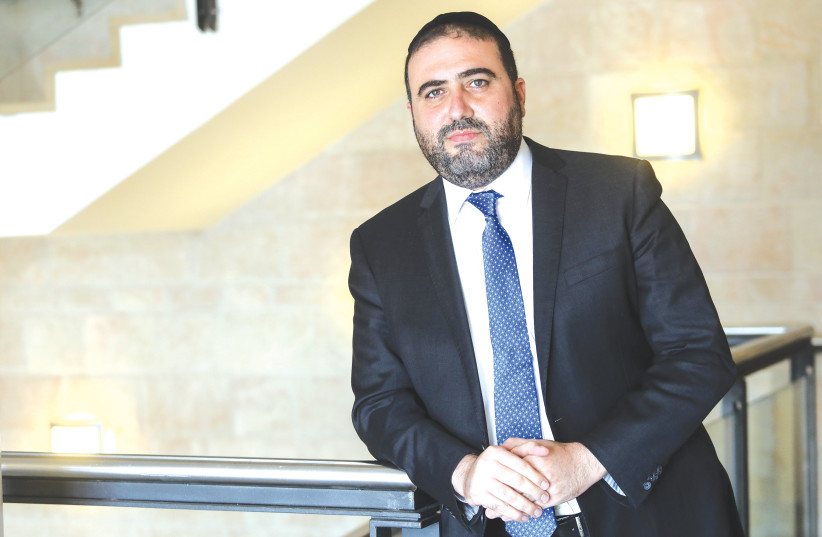Majority of Israeli psych patients satisfied with treatment – survey
Despite negative publicity in recent years about the mistreatment of people in mental health centers in various parts of the country, a new independent survey of psychiatric patients has found the vast majority of patients are pleased.
The survey, released in 38 pages in Hebrew, found that 72% of the patients who were asked are satisfied with the treatment. Fully 90% said they were satisfied with the respectful treatment they received, and 82% feel that they felt they were in good hands; 88% said that they felt protected and safe during the hospitalization; 81% of them said they received answers to their questions without effort; 74% were satisfied with the conditions of the hospitalization; and 84% said that they could contact their primary care provider with any question.
In addition, 70% of the patients report that the discharge preparation process was discussed with them, 69% are satisfied with the variety of activities offered, and the patient empowerment index stands at 74%. According to the survey, the summary score of the patient experience at the national level was 78%.
The health ministry published the results of the survey, which was conducted between November 2021 and June 2022 in psychiatric hospitals and clinics. A total of 1,052 male and female patients aged 18 and over, who had been hospitalized for at least 12 days in open and closed wards and were preparing for discharge, were interviewed, and 40 questions were asked on various topics. Hospital staff members were not present during the survey.
Patients held against their will are less satisfied
Lower satisfaction rates in general and in most parameters were found among groups of patients who were hospitalized against their will because they endangered themselves, patients hospitalized in closed wards and young people aged 18 to 34.
 SHAS MK Moshe Arbel: We don’t need to agree to everything, but we should disagree without hatred. (credit: MARC ISRAEL SELLEM/THE JERUSALEM POST)
SHAS MK Moshe Arbel: We don’t need to agree to everything, but we should disagree without hatred. (credit: MARC ISRAEL SELLEM/THE JERUSALEM POST)Health Minister Moshe Arbel said that “improving the patient experience is an issue of utmost importance in the health system in general and in psychiatric hospitals and clinics in particular. A team with devotion to service provides a positive experience for the patient and leads to better-quality treatment. Proper treatment goes hand in hand with emotional support and a respectful human attitude toward the patients and their family members. Nursing staffers with a high sense of service help give the patient a positive experience.”
Ministry director-general Moshe Bar Siman Tov commented that it is leading comprehensive, strategic changes in the field of mental health including the psychiatric hospitalization system, along with the community clinic system. “This survey allows us to draw the necessary conclusions, integrate them into the work plans and continue to strengthen the entire system and work to improve the treatment of patients and how they feel.”
“The survey results show an improvement trend in most of the indicators, which is a result of the work of the medical teams.”
Dr. Hagar Mizrahi
The head of the ministry’s medical division, Dr. Hagar Mizrahi added that “the survey results show an improvement trend in most of the indicators, which is a result of the work of the medical teams who see the importance of the patients’ hospitalization experience as part of the overall psychiatric treatment. This is performed by involving patients and their families in the hospitalization process, improving the standard of hospitalization and the patient’s environment, holding discussion groups with patients and families, internal surveys, training the caregivers, intervention programs on patient autonomy and specific interventions as needed. The patients testify that they enjoy a kind and respectful attitude, that they feel that the staffers care about them, that they do everything to help them and that their privacy is preserved.”
“However, the ministry officials said the survey also touches on challenges in mental health centers that need improvement, including giving emphasis in explanations of the treatment plan and social rights due to patients as well as the process of preparing for discharge, empowering patients and their participation in decision-making, and enriching the variety of activities throughout the day.”




Comments are closed.